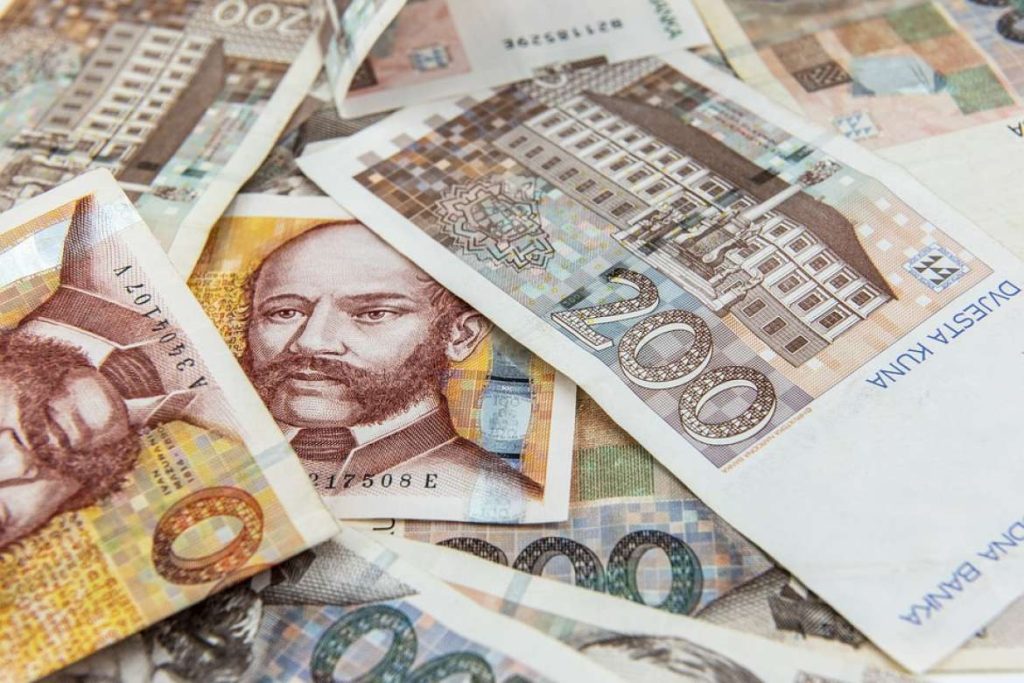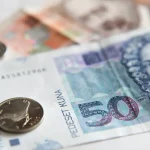Vujčić added that the rest of the inflation will be generated from entirely different sources, primarily the prices of energy. He expects that the first half of this year will see strong inflationary pressure whereas “deflating” is expected in the second half.
Vujčić said that the best prevention against prices increasing is competition, adding that state intervention is only justifiable where monopolies exist. In the months prior to and after introducing the euro, consumers have to avoid those who increase their prices and buy from those who don’t, he said, believing that the best protection against price increases is showing prices in both kuna and euro.
With regard to losing monetary sovereignty once Croatia enters the euro area, Vujčić recalled that the central bank has been maintaining a fixed exchange rate since the 1990s.
Hence, it is not using it actively as a monetary policy instrument, considering that a 10 percent depreciation of the kuna against the euro, due to the high level of ”euro-zation” of the economy and households, the debt for all sectors in Croatia would increase by more than HRK 50 billion whereas appreciation of the kuna would disrupt the Croatian economy’s competitiveness, that is exports, said Vujčić.
He revealed that fairly reliable data indicate that citizens are holding as much as HRK 36 billion in cash. He called on citizens to deposit cash in banks which would facilitate conversion once Croatia enters the euro area.
(€1 = HRK 7.5)
For more, check out our dedicated politics section.










